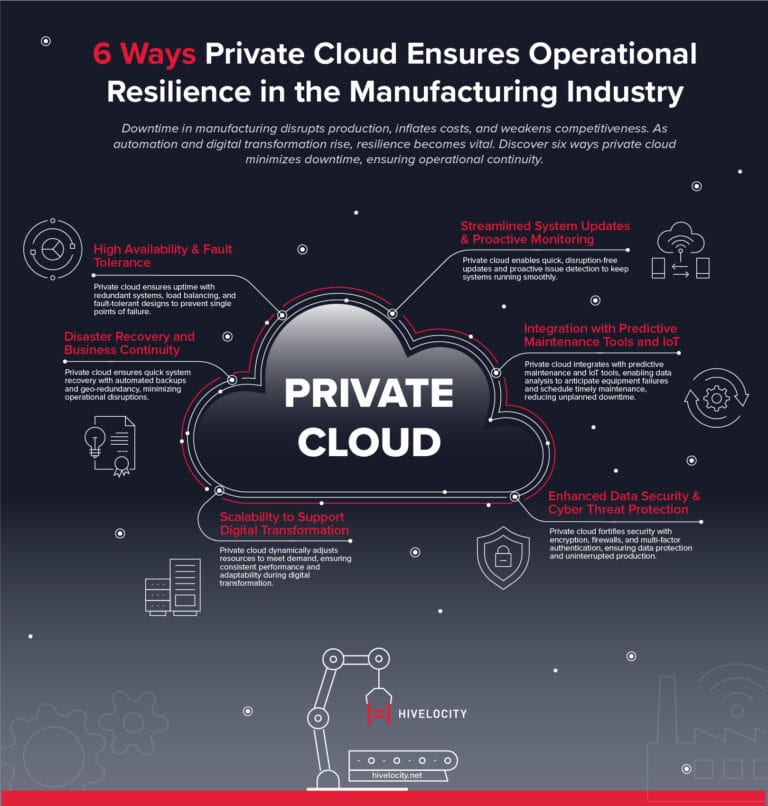
Over the last few years we have witnessed that hybrid cloud deployments have become an important part of many businesses’ IT infrastructure. Hybrid cloud deployments offer many advantages to businesses of all sizes – let’s discuss the top three benefits of hybrid cloud.
A hybrid cloud uses a combination of on-premises private cloud and public cloud services. While the public cloud offers flexibility and scalability, the private cloud offers security – the best of both worlds. For instance, one of the biggest advantages of the hybrid cloud model is that it allows workloads and data to move between private and public clouds in a flexible way. Allowing businesses greater flexibility and more options for data deployment and use.
Benefits of Hybrid Cloud
1. Flexibility & Scalability
The combination of both the public- and private cloud allows businesses to benefit from both environments. Hybrid cloud means, you can take advantage of each delivery method (public, private, colocation) while mitigating the risks of choosing just one. You can allocate resources to either private or public cloud storage depending on where, when and how you need them and easily scale resources up and down as your business needs change.
2. Security
Security remains an ongoing challenge for any business facing the public cloud. Compared to the public cloud, a hybrid cloud offers a higher level of security, because businesses have control over their mission-critical data. With this cloud solution, you can decide which application and services can remain in the public cloud and which should be private.
3. Reduced Cost
Reducing costs is one of the biggest benefits of the hybrid cloud. This cloud deployment option is highly cost-effective because of its ability to quickly use and scale data and applications as and when needed. This way you need to only pay for the additional resources when you need them. Hybrid cloud adopters can balance their need to be cost-efficient with the security of keeping their most sensitive and critical workloads on a private cloud.
5 Factors to Consider
First ask yourself the following question: What problem do you want to solve?
1. How is your IT infrastructure going to be used?
2. Why move to the cloud?
3. Which departments would this impact?
4. Is this internal or would it impact our customers?
5. What would happen if we do not do this?
Why does a transformation like this need to take place?
A move to digital or virtual technology would take place for one or all of the following:
- Ensure business continuity
A business would move to cloud services to provide redundancy for their infrastructure should a natural disaster, theft, outage, or other factor outside of their control take place. - Security
The traditional “closet server room” may be initially the most cost-effective alternative, but it also exposes infrastructure to risk. By having equipment and services in a state of the art, secured facility, your business will remain operational. - Expansion or Franchise
This is the best-case scenario; the business has grown exponentially, and you are looking to add more locations or target new markets. You may need to have your IT infrastructure set up for scale or duplication in another facility.
Is hybrid cloud right for your business?
A hybrid infrastructure allows your businesses to easily customize workload placement based on your workloads and applications. This means that some workloads can remain on-premises, while others run in the cloud. A hybrid cloud infrastructure offers the flexibility and scalability of the cloud while enabling business to maintain on-premises tools for mission-critical applications — allowing businesses to add resources and make changes to accommodate higher demand quickly.
With a hybrid data center, businesses can retain legacy infrastructure while reducing their expenses. Businesses can also reduce maintenance cost and move some of their application to the Cloud and maximize flexibility and ROI. To balance between cost and performance and returns, a Hybrid Data center approach is a great solution. In conclusion, cloud connectivity gives you the opportunity to scale resources and deploy virtual machines in just a few minutes.
Hivelocity Hybrid Cloud Solutions
Our team of experts are ready to assist you, based on your requirements we can guide you through the process of choosing, configuring and integrating your cloud system. With Hivelocity, you will have access to:
– Connect to multiple data centers
– Multi-cloud options
– Business scalability
– Disaster Recovery & Business Continuity
– Speed & Efficiency for Deployment
– Affordability
Options are endless with Hivelocity’s cloud solutions. Create any combination of public or private cloud solutions to fit your business and budget. For more information about our cloud solutions please contact us at (888) 869-4678 or email us at sales@hivelocity.net.
FAQ
What is a Hybrid Infrastructure?
A hybrid cloud uses a combination of on-premises private cloud and public cloud services. While the public cloud offers flexibility and scalability, the private cloud offers security – the best of both worlds.
What is the difference between a Multi Cloud and Hybrid Cloud?
The key difference between the Hybrid Cloud and Multi Cloud lies in their deployment strategies for performing one task. Essentially, a multi-cloud refers to subscription of multiple public cloud services, while a hybrid cloud refers to multiple deployment modes (public, private and on-premises) for the same set of services.
What are the benefits of Hybrid Cloud?
The hybrid cloud allows workloads and data to move between private and public clouds in a flexible way. Allowing businesses greater flexibility and more options for data deployment and use.
Why is the Hybrid Cloud important?
The hybrid cloud is attractive to many businesses for several reasons:
– The hybrid cloud is flexible and scalable
– The hybrid cloud is secure
– The hybrid cloud helps you control costs
Who can help me move to a Hybrid Cloud strategy?
Hivelocity is ready to assist you, based on your requirements our team of experts can guide you through the process of choosing, configuring and integrating your cloud system.


